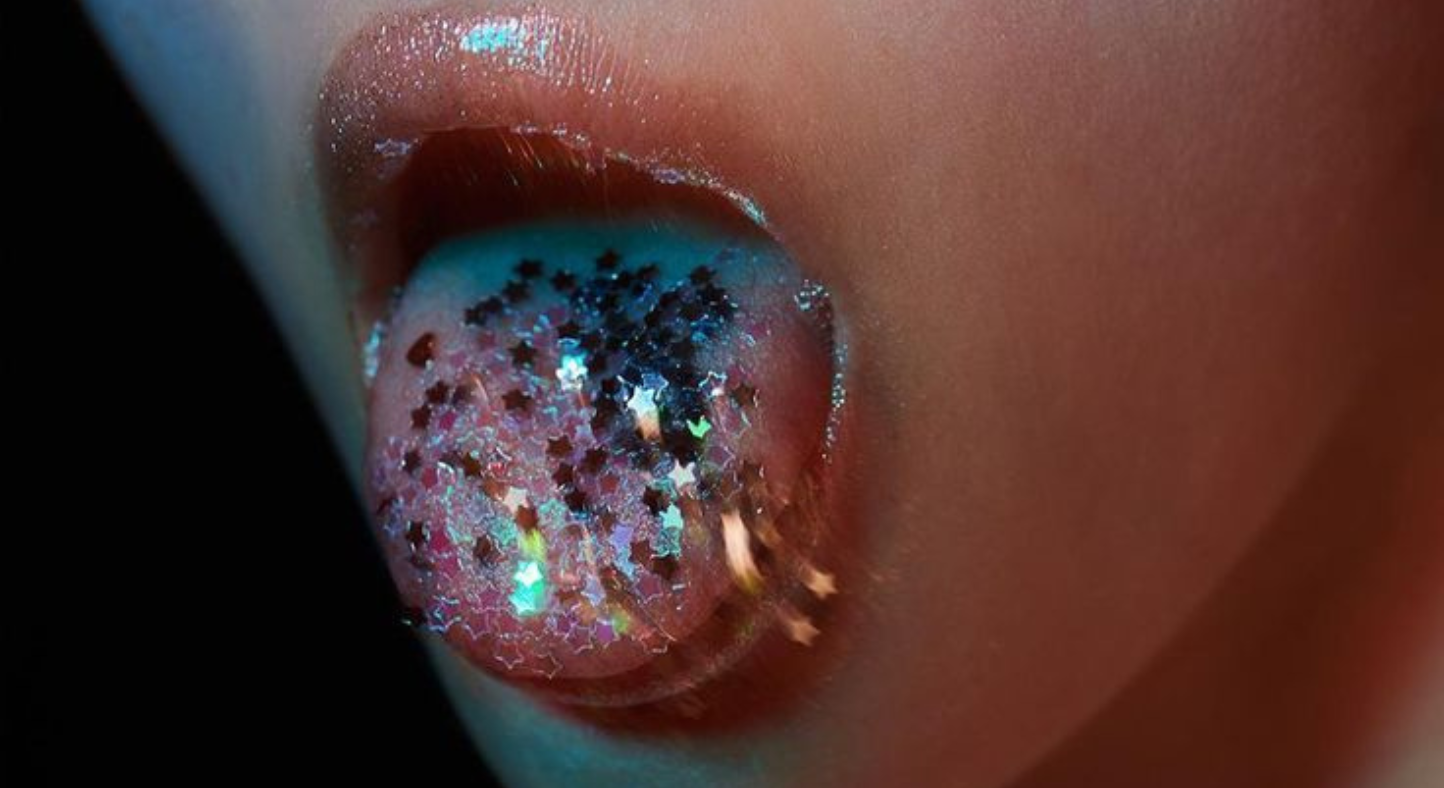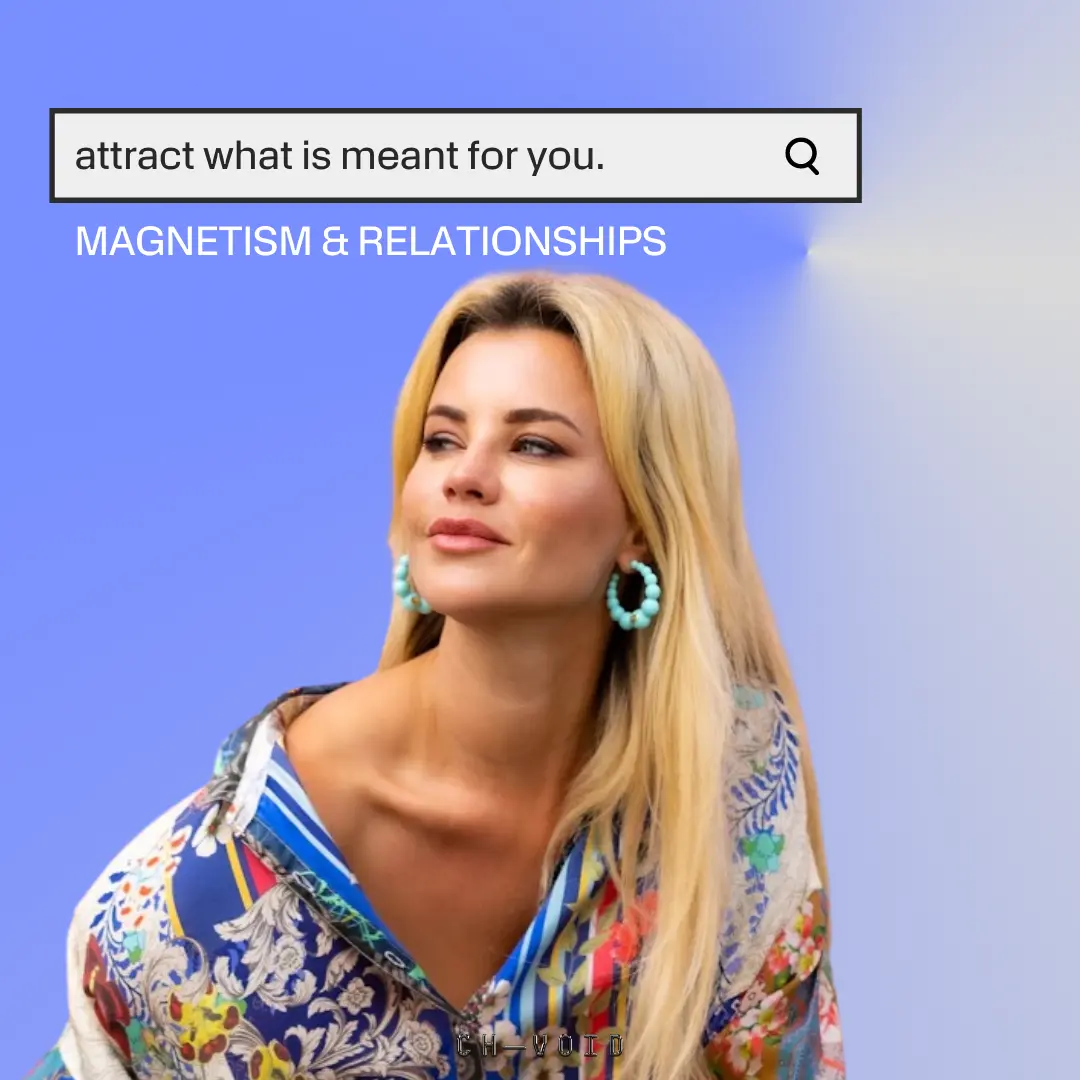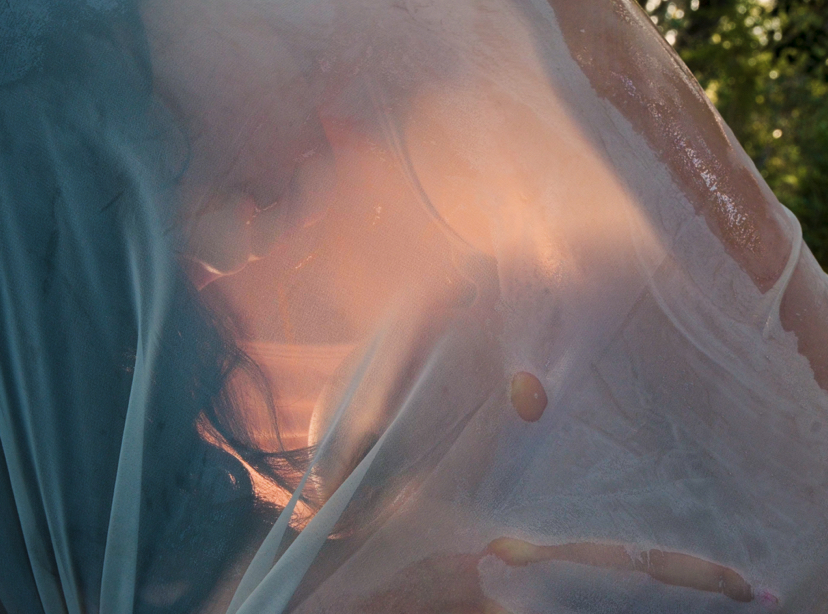Build a bitch
Breaking free from our online identities.
After six months of teaching online courses on spirituality, womb healing, and social justice, I started to develop signs of body dysmorphia. It became so problematic for me that I had to take a month’s break off of my personal Instagram account — I didn’t want to be seen, and my flaws were becoming a point of obsession for me. When I came back to Instagram and shared the personal healing journey that it took to return to myself, one of my followers messaged me and said she was “surprised.” I asked her why. She responded, “I thought you had that all figured out already.” This is the main illusion of the matrix—being reduced to the confident online projections of our personas — that we must wrestle with as technology continues to develop at an exponential pace.
Our online avatars are starting to overshadow the complexity of human existence.
Face filters truly became popularised as commonplace on platforms like Instagram at the same time as the global pandemic. Our lives became hyper-virtual, and so did our appearances. While photoshop has been around for decades, face filters took it to the next level by editing our lives in real-time.
When our first reflex is to use a filter, we are actually morphing the perception of our faces, bodies, and environments in the present moment. This creates a visual warping effect, and over time, starts to prime our eyes for what we expect ourselves and others to look like. This not only drastically alters our vision of natural beauty— it also distorts our experience of reality.
My friend told me, “it’s like we’re being primed for AI.” And it’s true. From dating apps to online businesses, schools, cryptocurrency, and video entertainment, our lives are slowly being transposed into digital avatars. The Aquarian Age is accelerating our technological use so rapidly, that we barely have time to reflect on the very real, human consequence.
Devices, apps, and algorithms make minor shifts on a weekly basis—that we are not always consciously aware of—affecting how we interact with one another over time. These changes also often happen without our consent, and they are always cloaked under the guise of futuristic entertainment. And it is exactly because these changes are entertaining that we rarely resist them. We rarely foresee or predict the nefarious effects that these “updates” will have on our reality.
So what happens when you combine the dopamine release we receive when we get likes/comments, with digital inventions like face-tuning and beauty filters?
What happens when you receive validation for the avatar version of you that only exists online? What kind of cognitive dissonance does this create? How does this bodily disassociation translate into a spiritual crisis?
When we become disembodied from our true spiritual essence—which is perfection— we start to numb ourselves to our own truth. We start to normalise the version of beauty that has been projected onto us (literally, onto our faces through our screens), instead of appreciating our unique, distinct features.
To have one standardised, Western projection of beauty is not only unrealistic, it is also deeply concerning because these trends are constantly changing. Women are basing their confidence on present projections that five or ten years from now will surely change. From the Western lens, you can look at magazines from various decades and see how unrealistic beauty standards have always targeted the insecurities of women— in the early 2000s, it encouraged women to be anorexic in the name of lowriding skinny jeans. Now, it’s the BBL (Brazilian Butt Lift), the lip injections, the curvy figure with a tiny waist— the infamous Kardashian effect that is an extension of appropriating black beauty standards to fit white women. When we look at this trend obsession, we see how dangerous it is for women to base our beauty on a fad that will soon pass.
True beauty is timeless and is sourced from within. Constructing an idealised version of ourselves on the surface level distorts the energetic resonance of everlasting beauty.
When we elevate the value of constructed superficiality, we fall in lust with illusions of ourselves. Worshipping our natural bodies in an extension of divine love; we must also balance this worship with an emphasis on spiritual and emotional growth.
There is no beauty without considering the energy of a person’s aura, and their ability to share unconditional love.
While we continue to live with technological advancements, there are ways to centre yourself through rituals that will flourish your relationship to natural beauty, in times when you feel disassociated from your online avatar.
Heart meditation
Returning to your heart centre to heal the layers of relationship to self and others is key to trusting your ability to show up in the world in a safe and loving way. With your eyes closed, take slow, deep inhales and exhales. Place your right hand over your heart, and your left hand over your belly. At first, notice if your breath is residing solely in your chest. Bring the breath down into the belly to activate your parasympathetic nervous system, and tap into a state of relaxation. You should notice your heart rate slowing down under the palpitations of your right hand. With each breath, fall deeper into the energetic space of your heart. Activate a sense of unconditional love for yourself. Trust that others will receive this energy when they are in your presence, even if it is just virtually.
Makeup-free days
One of my favourite rituals is focusing on simple, natural, and toxic-free skincare so that I can feel confident in my own skin, rather than relying on makeup for a sense of beauty. Don’t get me wrong—makeup is tons of fun! But if it is your default on a day-to-day basis, you may be distancing yourself from unconditional acceptance and love. To infuse your skincare routine with a dose of healing, imagine the loving energy of your heart pulsing down into your hands as you massage your face in an upwards motion. Close your eyes, relax, and repeat loving affirmations—“I am radiant, I am glowing, I am magnetic.”
Self-cultivation
One of my favourite self-love practices is obviously… masturbation! When you practice circulating your energetic battery from your heart to your yoni—an ancient tantric practice—we become in deep communication with our bodies on a subtle energy level. Focus on optimum relaxation here— the goal is not to climax as quickly as possible, but to truly feel all the levels of arousal, the soft sensations coursing through your body that you usually rush through. Stimulate your nipples to open up your heart chakra, and visualise the energy rushing towards your yoni—then circulate the energy back up. You can heighten this sensation by slowing your breath, moaning, or exhaling deeply. The practice here is to truly make love to yourself instead of focusing on an external fantasy/person—focus inward, feel the energy, and move freely with the levels of pleasure. When you orgasm, imagine the erotic energy projecting itself into your aura so that you can charge your energy field with all of that juicy self-love!
In the end, beauty is an ephemeral concept. As much as the capitalist industries would like to convince us that they can profit off of our insecurities, it is up to the strength of our inner-spirit to distinguish between alignment with eternal beauty, or buying into self-denial. Every person on this planet is a different iteration of God-consciousness, an iteration of perfection. When we return to this truth, our beauty sparkles in ways that go beyond the aesthetic.





















